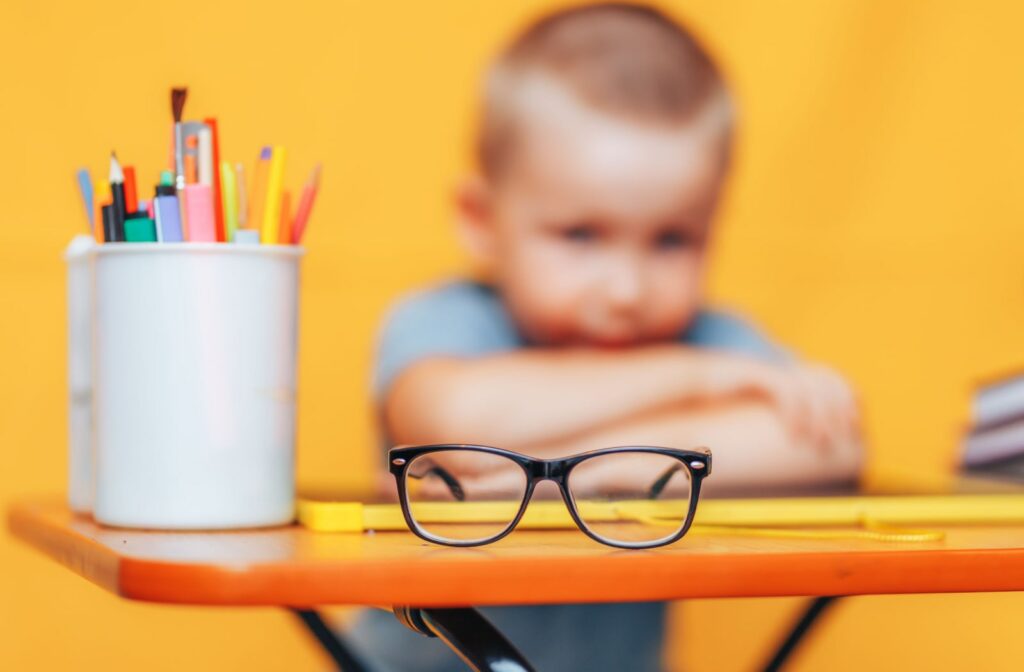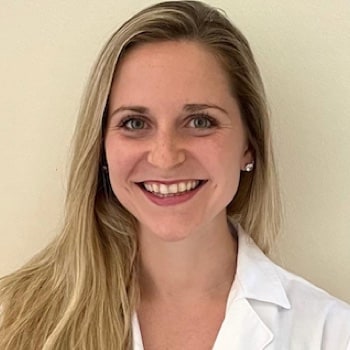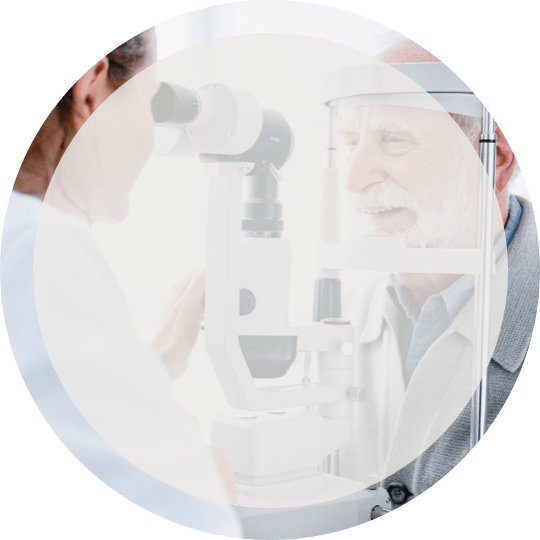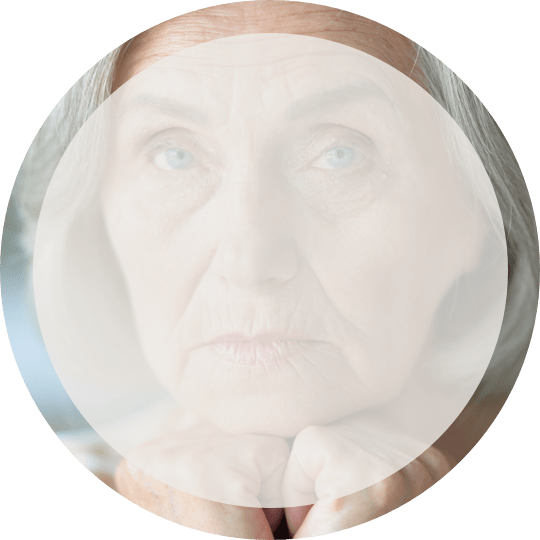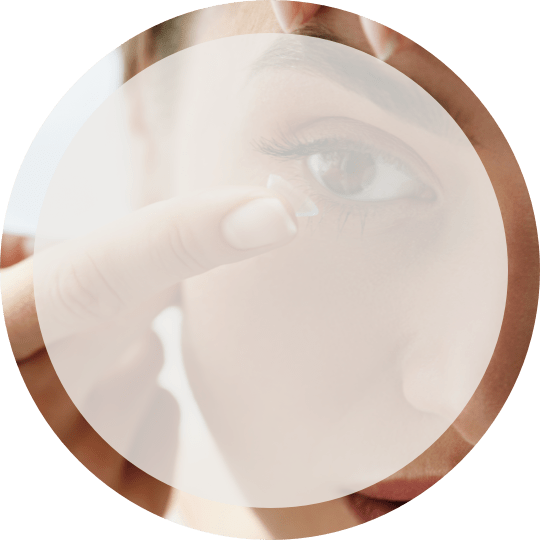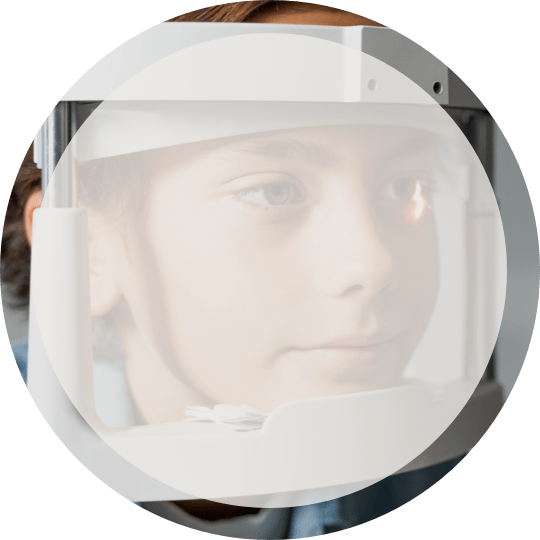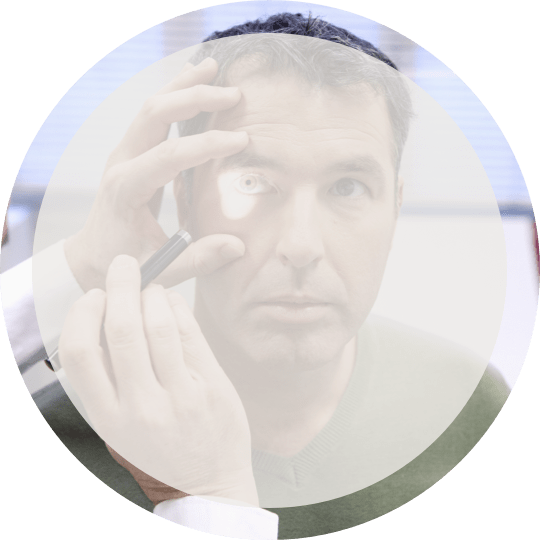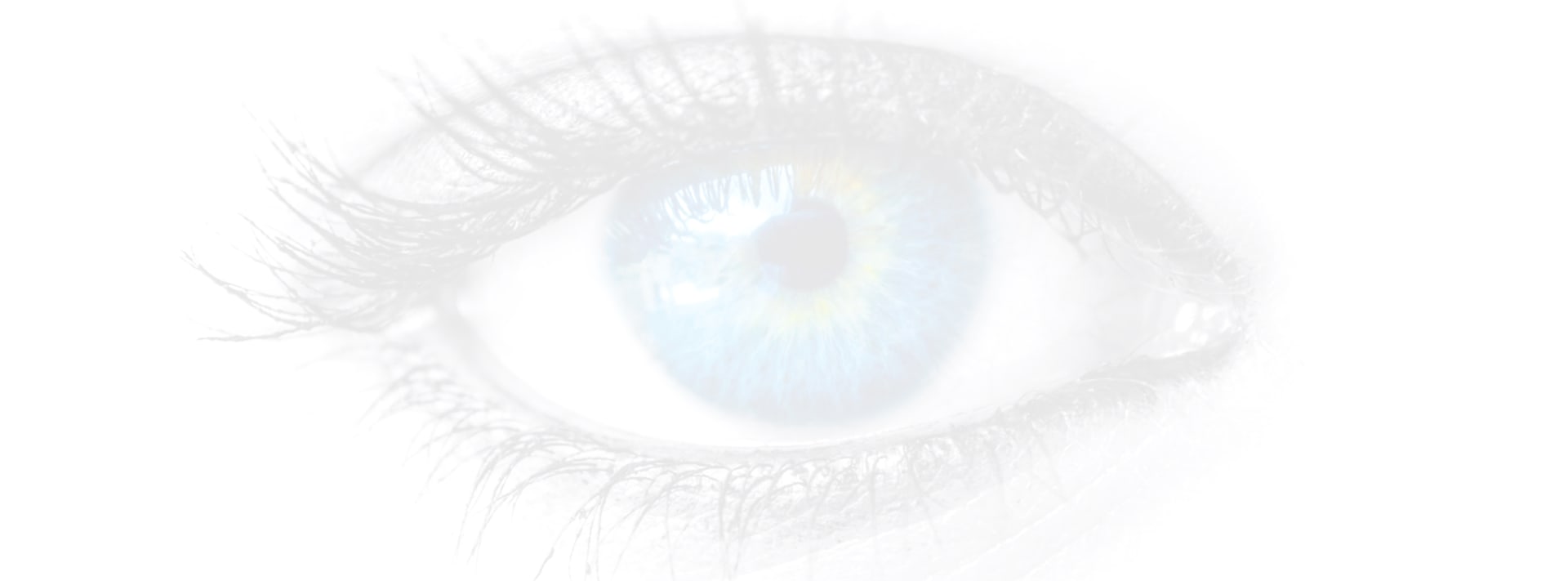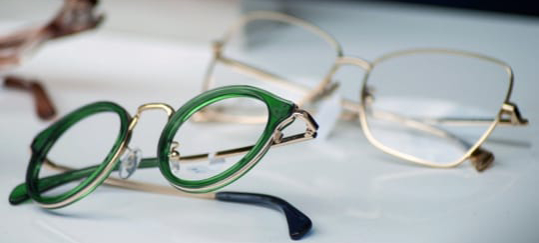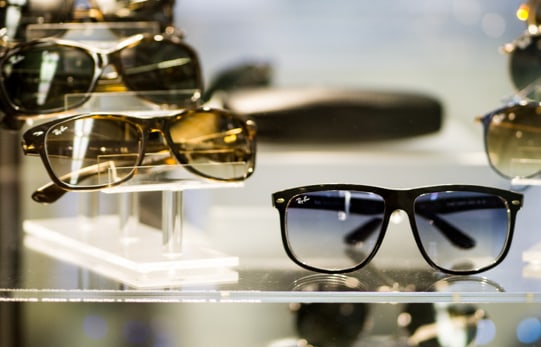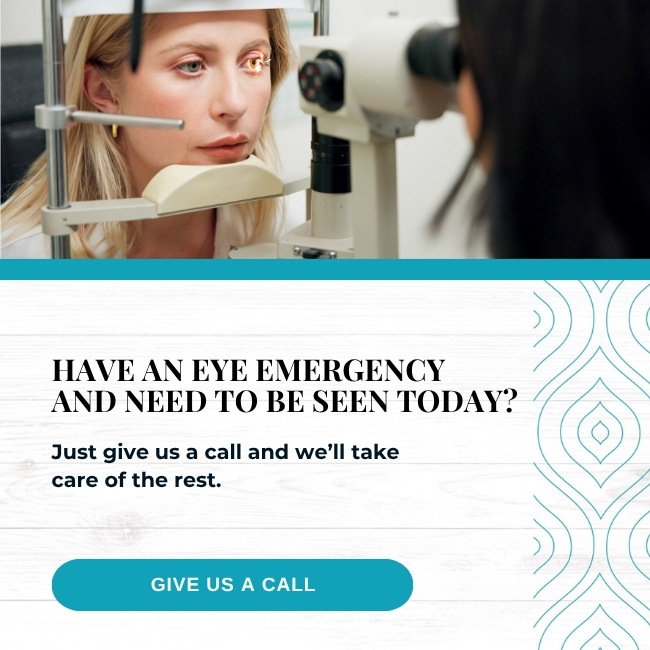Myopia, commonly known as nearsightedness, is a prevalent vision condition that develops in childhood and can progress into early adulthood. If you or your child has myopia, you may wonder whether it’s possible to reverse myopia and regain clear vision without relying on glasses or contact lenses.
Myopia isn’t reversible as it often originates from genetic, environmental factors, and structural changes in the eyes that are considered permanent alterations. However, regular children’s eye exams can detect the early signs of myopia, and myopia control measures can help limit myopia progression.
What Is Myopia?
Myopia is a refractive error that results in blurry distance vision. To view clearly, when light enters the eyes, it needs to focus on the retina (the light-sensitive tissue at the back of the eye).
With myopia, the eyeball is too long, or the cornea is too curved, causing light to focus in front of the retina instead of directly onto it, resulting in distant objects appearing blurry while close objects remain clear.
Myopia often develops between 6 and 14 years and tends to progress through adolescent years into early adulthood when it stabilizes. The risk factors contributing to myopia development include genetics, environmental factors, and lifestyle choices.
If one or both parents are nearsighted, their children are more likely to develop myopia. However, genetics alone does not determine the progression of myopia. Environmental factors, such as excessive screen time, lack of outdoor activities, and prolonged near-work, can contribute to the worsening of myopia.
Symptoms of Myopia
The most common symptoms of myopia include:
- Blurry far-away vision
- Squinting to see clearly
- Eye strain
- Eye fatigue
- Eye pain
Can You Reverse Myopia?
There is no cure for myopia, and the condition isn’t reversible. Once myopia starts, it can progress quickly as the eyes continue growing. Without timely treatment in childhood, minor myopia can worsen to high myopia or extreme nearsightedness from continued elongation of the eye.
High myopia can increase your risk of developing sight-threatening conditions such as:
- Glaucoma
- Cataract
- Retinal tears
- Retinal detachment
- Myopic maculopathy or myopic macular degeneration
Treatment for Myopia
The treatment for myopia typically focuses on managing the condition with the following approaches:
- Glasses: Prescription lenses correct the refractive error by helping to focus light directly on the retina, providing clear distance vision.
- Contact lenses: Similar to glasses, contact lenses correct myopia by altering how light enters the eye.
- Refractive surgery: LASIK (laser-assisted in situ keratomileusis) and PRK (photorefractive keratectomy) are surgical procedures that use a laser to reshape the cornea, allowing light to focus correctly on the retina.
Myopia Control to Prevent Progression
While complete reversal of myopia isn’t possible, various strategies aim to slow down its progression. These myopia control strategies often involve eye drops, specialized lenses, and lifestyle modifications.
Atropine Eye Drops
Pharmaceutical interventions, such as atropine eye drops, have shown promise in slowing myopia progression. Doctors aren’t sure exactly how but believe that atropine eye drops slow the rate at which the eyes lengthen.
Orthokeratology
Orthokeratology, commonly known as Ortho-K, is a non-surgical method that uses rigid gas-permeable lenses for correcting vision and controlling myopia progression.
Ortho-K contact lenses gently reshape the cornea and are worn overnight only. This temporary reshaping can provide clear vision during the day without needing glasses or contact lenses. While Ortho-K doesn’t reverse myopia permanently, it can be a viable option for managing and controlling its progression, especially in younger individuals.
MiSight Contact Lenses
MiSight 1-day contact lenses help with myopia progression in children as young as 8. Since you replace them daily, they are ideal for children new to wearing contact lenses.
MiSight contact lenses feature different zones. A central zone corrects vision and outer alternating rings surrounding the lens center correct and control myopia progression.
Lifestyle Changes
Children who spend more time outdoors have a reduced risk of myopia development. Encouraging children to spend more time outdoors can positively impact their eye health. Additionally, take regular breaks when engaged in prolonged near work, such as reading or using digital screens.
When To See Your Eye Doctor
Visit your eye doctor for regular eye exams if you have a family history of refractive errors, if your vision worsens, or if you have blurry vision with your current prescription glasses or contact lenses.
Myopia Management for Vision Preservation
While myopia isn’t reversible, there are steps you can take to slow down its progression and improve your eyesight. Wearing corrective lenses, undergoing refractive surgery, spending less time looking at screens, and maintaining a healthy lifestyle are all effective ways to manage myopia and support good eye health. There’s no one-size-fits-all approach to treating and managing myopia. However, a comprehensive and proactive approach to eye health can contribute to better outcomes and improved quality of vision. If you or a family member struggles with myopia, book an appointment with Family Vision Care to discuss the best course of action.


